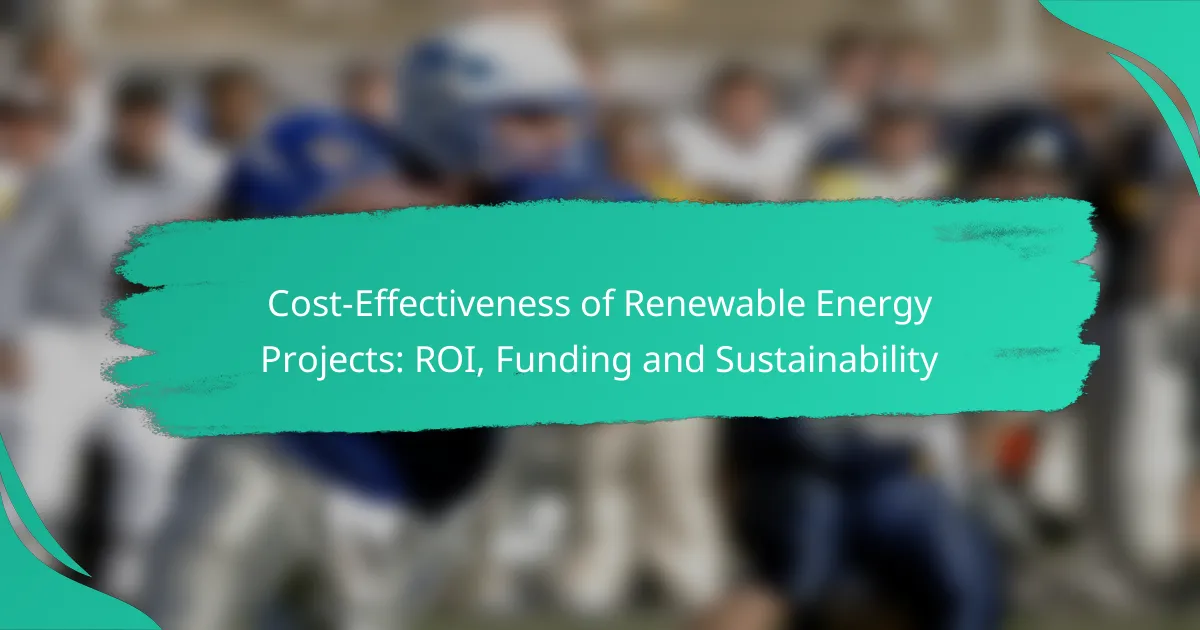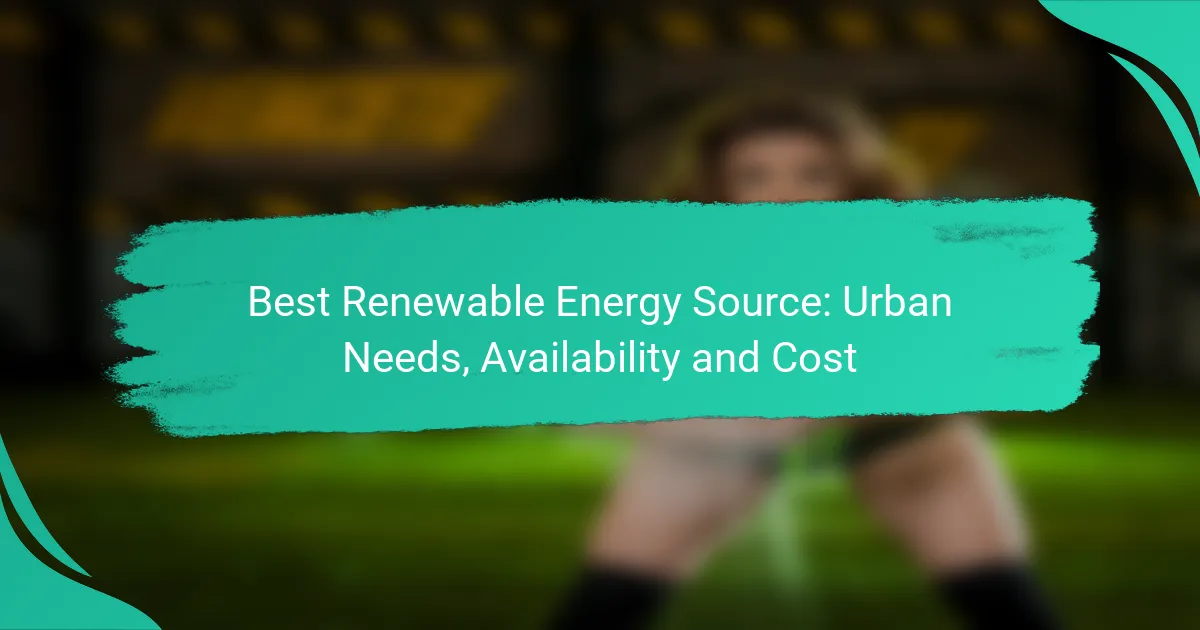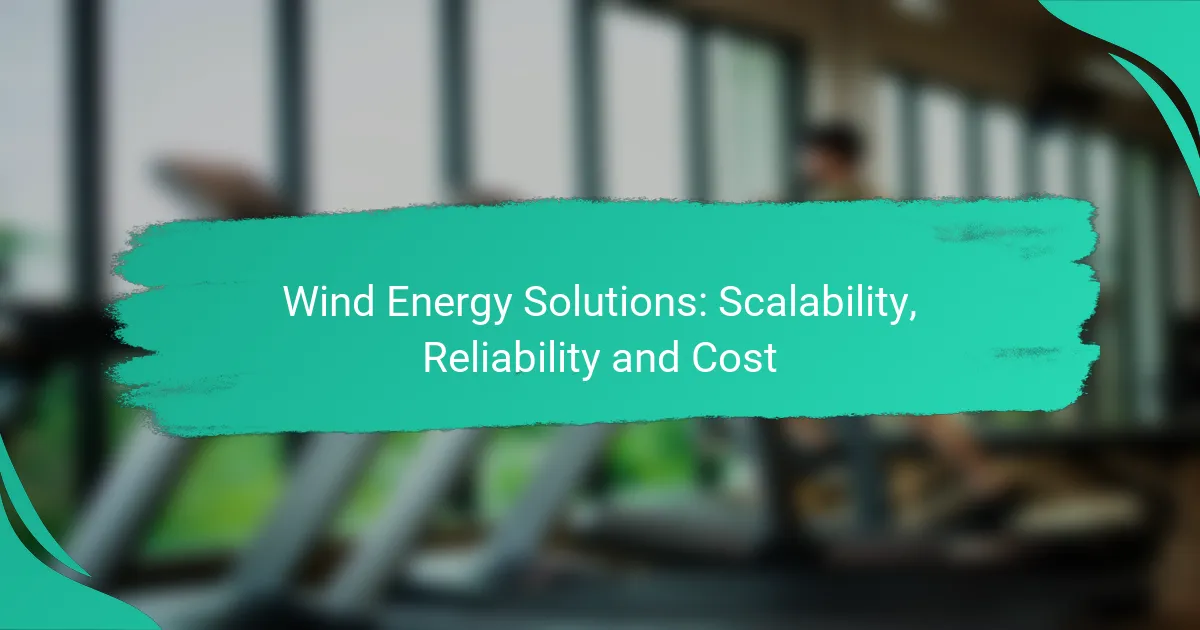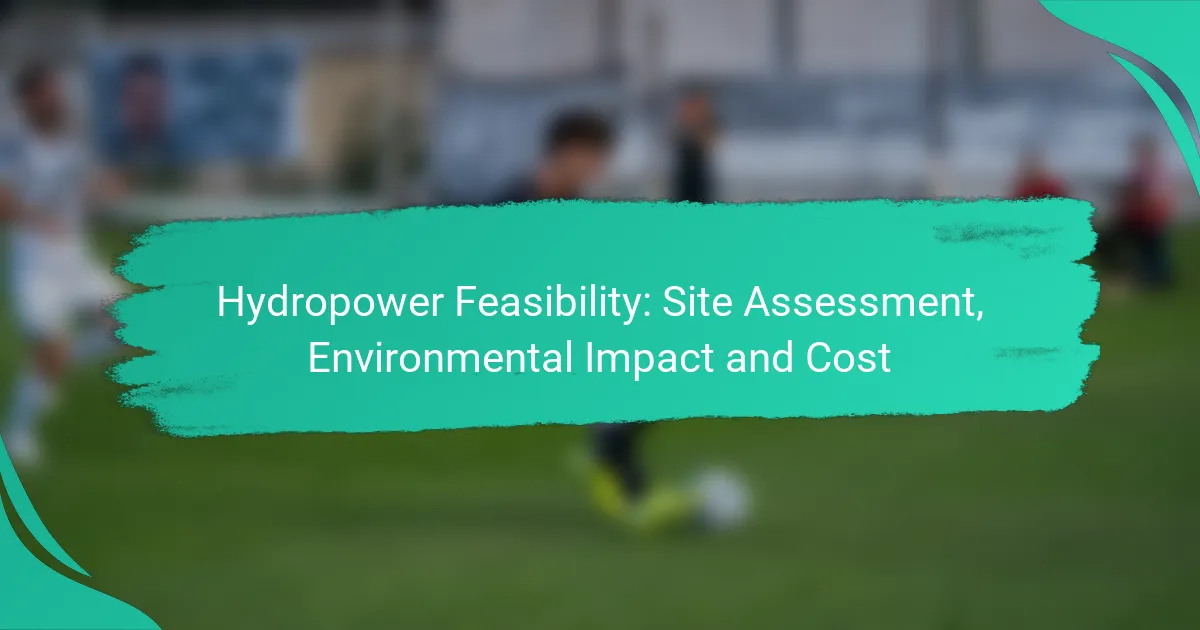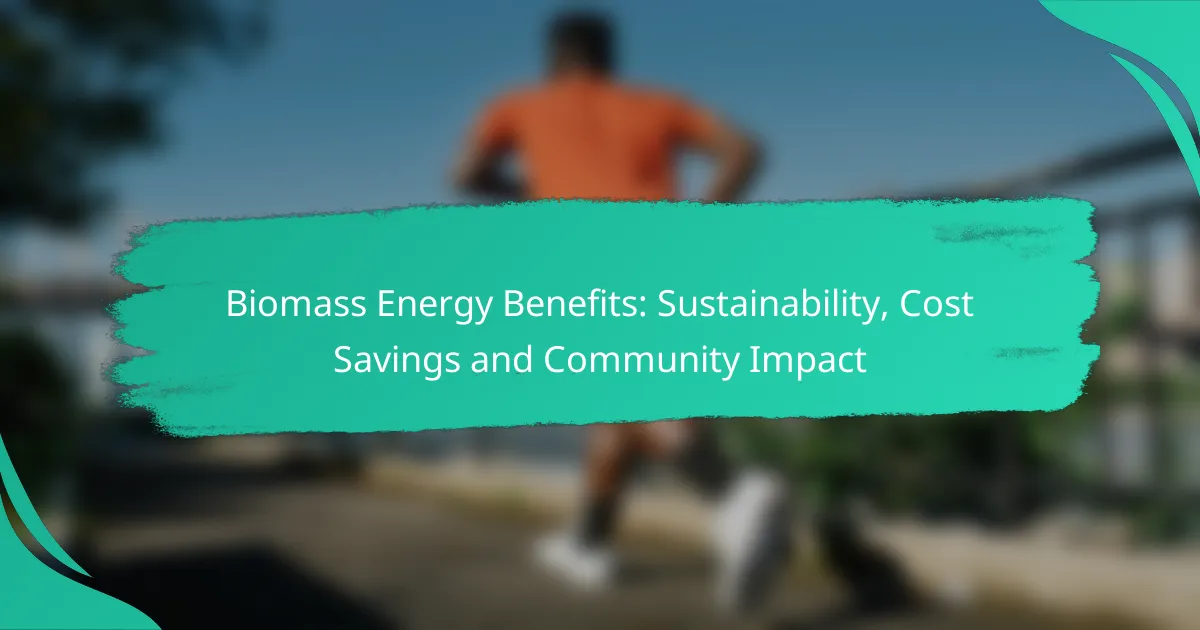The cost-effectiveness of renewable energy projects is crucial for maximizing returns on investment while minimizing expenses. … Cost-Effectiveness of Renewable Energy Projects: ROI, Funding and SustainabilityRead more
Renewable Energy Sources
Best Renewable Energy Source: Urban Needs, Availability and Cost
As urban areas strive for sustainability, the best renewable energy sources—such as solar, wind, geothermal, hydropower, … Best Renewable Energy Source: Urban Needs, Availability and CostRead more
Wind Energy Solutions: Scalability, Reliability and Cost
Wind energy solutions encompass a range of technologies, including offshore wind farms and onshore turbines, designed … Wind Energy Solutions: Scalability, Reliability and CostRead more
Hydropower Feasibility: Site Assessment, Environmental Impact and Cost
Hydropower feasibility is a multifaceted process that encompasses site assessment, environmental impact evaluations, and cost analysis. … Hydropower Feasibility: Site Assessment, Environmental Impact and CostRead more
Geothermal Energy Systems: Efficiency, Installation and Maintenance
Geothermal energy systems utilize the Earth’s natural heat to deliver efficient heating, cooling, and electricity, making … Geothermal Energy Systems: Efficiency, Installation and MaintenanceRead more
Solar Energy Options: Cost, Efficiency and Installation
Exploring solar energy options reveals a variety of systems designed to meet diverse needs and environments, … Solar Energy Options: Cost, Efficiency and InstallationRead more
Biomass Energy Benefits: Sustainability, Cost Savings and Community Impact
Biomass energy presents a range of advantages, including sustainability, cost savings, and positive impacts on local … Biomass Energy Benefits: Sustainability, Cost Savings and Community ImpactRead more
